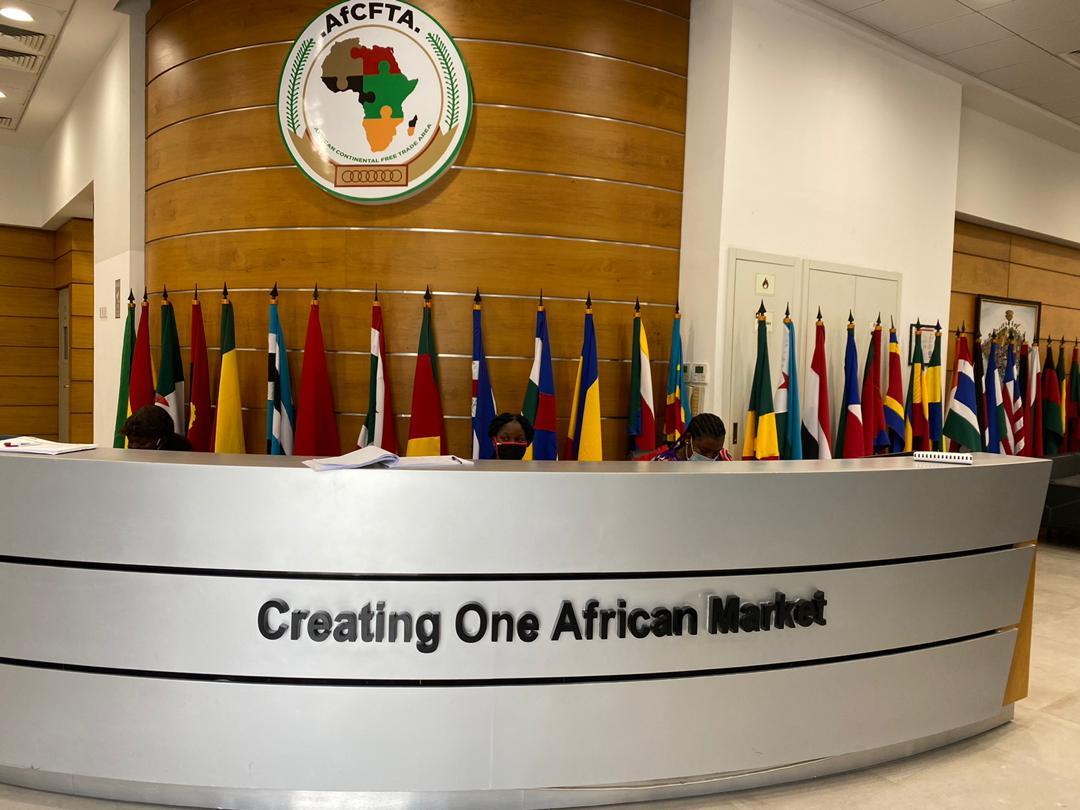Zimbabwe submits proposed tariffs concession schedule to AfCFTA secretariat

Zimbabwe has submitted its provisional tariffs concession schedule to the African Continental Free Trade Area (AfCFTA) secretariat as the Government moves a gear up towards the full implementation of a raft of trade facilitation measures.
The AfCFTA is an agreement signed by 54 heads of State from Africa with the view to stir trade and remove barriers to trade facilitation.
At the moment the country is a Member State (signatory) and will become a State Party following the ratification of the AfCFTA agreement which needs enabling legislation.
This was said by the chief investigator in the Competition and Tariff Commission, Mr Tarciciuos Mufundisi on the sidelines of a two days training of border agencies in Beitbridge on the rules of origin and border procedures which are key in removing trade barriers as part of the agreement.
Stakeholders from over 22 Government agencies including media practitioners operating at the transformed Beitbridge border post were trained on the latest trade facilitation processes.
The training was carried out by the Zimbabwe Revenue Authority (Zimra) with the support of the United Nations Development Program (UNDP).
“Currently, Zimbabwe has submitted its provisional tariff concession schedule to the AfCFTA secretariat which has approved it,” said Mr Mufundisi.
“What is pending is its approval by the summit of heads of states later this year. Zimbabwe is in the process of joining the second phase of the AfCFTA-guided trade initiative, where already eight countries started trading in the first phase and more are expected in this second phase.
“Together with other line stakeholders, we were in Beitbridge to sensitise the border agencies on the AfFCTA focusing mainly on protocols that are contained in the agreement.
“We extensively focused on the protocol of trade in goods and annex 1 relating to rules of origin and the one relating to trade remedies.”
He said the training was meant to guide the border agencies on a glimpse of what is contained in the continent’s trade agreement and what rules govern trade in terms of how goods are considered to be originating within the AfCFTA.
On trade remedies, Mr Mufundisi said, the focus was on how Zimbabwe guards or protects the domestic industry from unfair trade practices and surges in imports.

